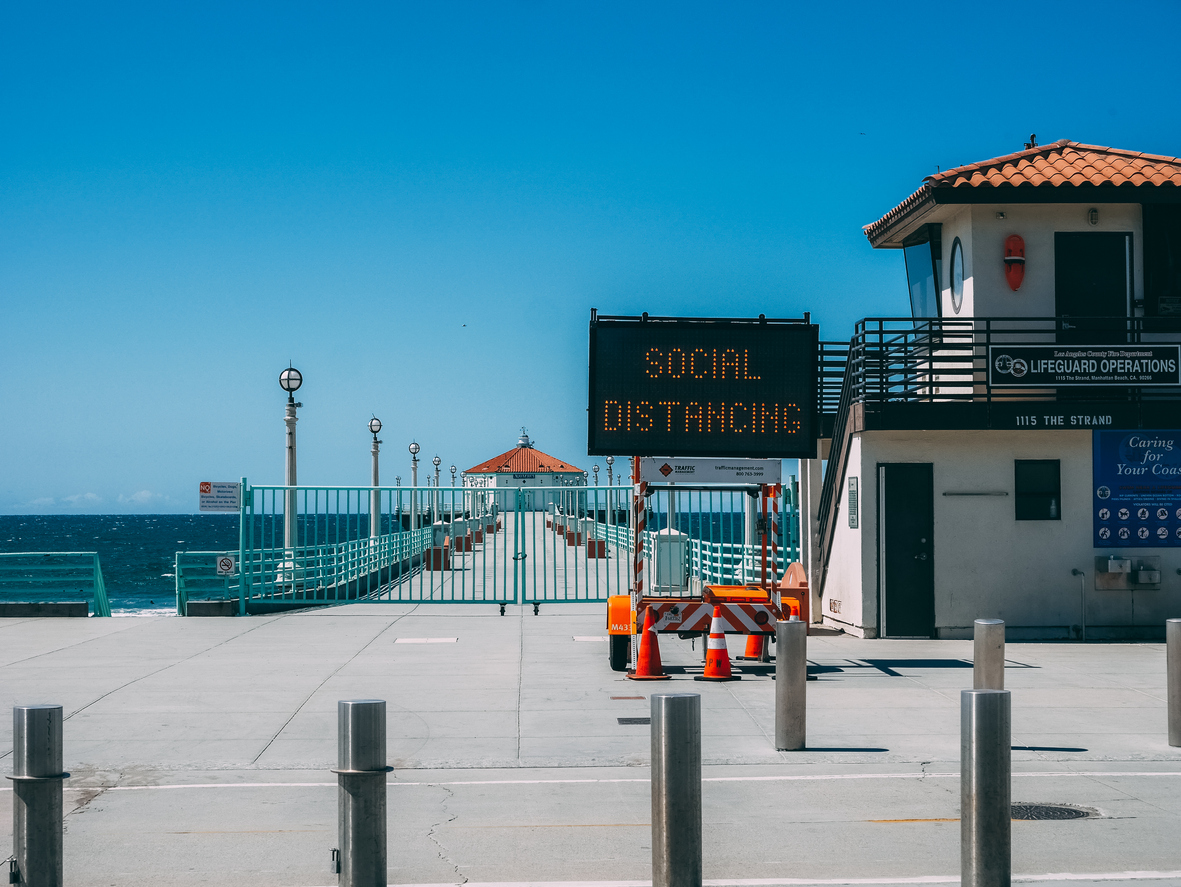May 15, 2020
Sean F. Dalton, Esq
As we approach the Memorial Day holiday and the kickoff to summer, New Jersey’s restless residents and business owners will face new legal challenges as government officials attempt to ease COVID-19 restrictions while continuing to enforce aspects of Governor Murphy’s executive orders.
Each week, New Jersey law enforcement officials announce the latest arrests of individuals violating “stay at home” and “essential business only” orders stemming from the public health emergency declared on March 9, 2020. While overall crime rates are down, New Jersey has taken an aggressive approach to encourage compliance with over 1,700 people charged with violations during the first three weeks of the pandemic.
On May 6, 2020, Governor Murphy signed Executive Order 138 extending New Jersey’s Public Health Emergency for an additional 30 days or at least until June 5, 2020. While many beach communities have allowed access to beaches for exercise, stay at home orders and social distancing guidelines will continue to evolve in the coming days. It is important to note the public health emergency remains in effect and police will continue to enforce these revised rules.
Personal responsibility will play a large role in the coming days. As more people venture outside to the beach and retail establishments, there will be greater risk of personal encounters which can jeopardize your health as well as impact public safety. Engaging in a verbal dispute or minor physical altercation could result in more serious criminal charges during a state of emergency. Certain crimes such as terroristic threats committed during a declared period of state or county emergency exposes an individual to enhanced penalties of up to ten (10) years in prison.
Despite facing multiple legal challenges, most courts have upheld a governor’s authority to enforce restrictions in their efforts to fight a pandemic that has killed over 85,000 Americans. Case law dating back to 1905 empowers states to temporarily restrict constitutional rights in the face of a deadly pandemic. These restrictions must have a substantial impact or connection in addressing the public health emergency and must be uniformly applied to all similar activities.
As mortality rates continue to decline, government restrictions must become more narrowly tailored in order not to be deemed too burdensome or overbroad. Businesses looking to reopen need to be mindful of current restrictions and ensure their clientele remain compliant with current rules governing their reopening.
The attorneys at Cooper Levenson are here to help you protect your legal rights and provide assistance as we navigate the reopening of New Jersey from this terrible pandemic.
Sean F. Dalton is a former New Jersey Assistant Attorney General and Gloucester County Prosecutorand handles criminal defense and related matters at Cooper Levenson.









